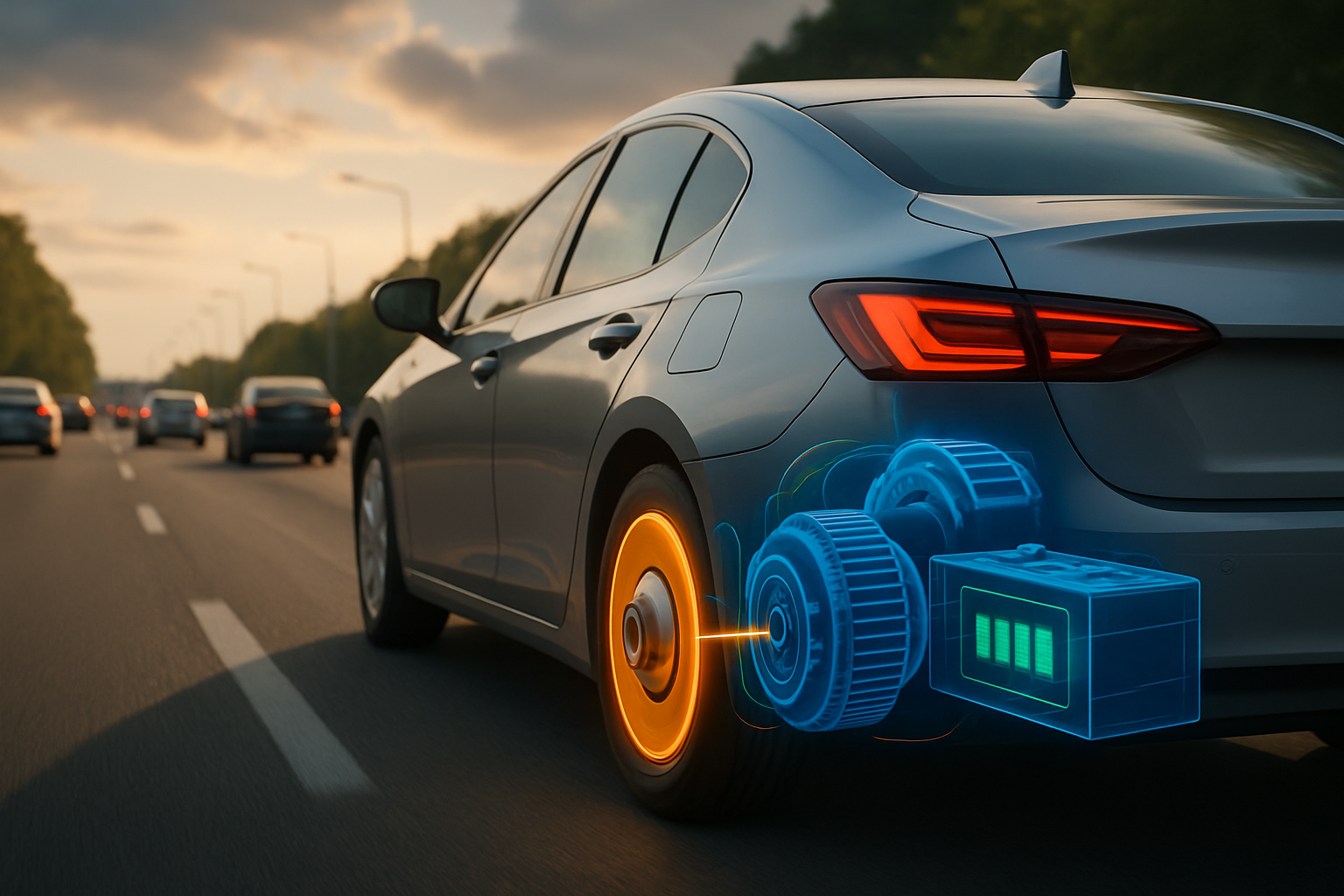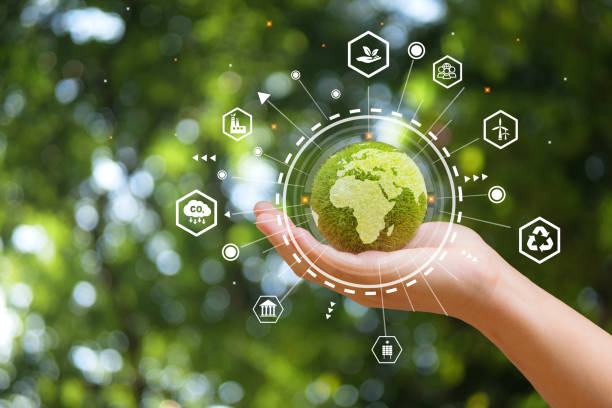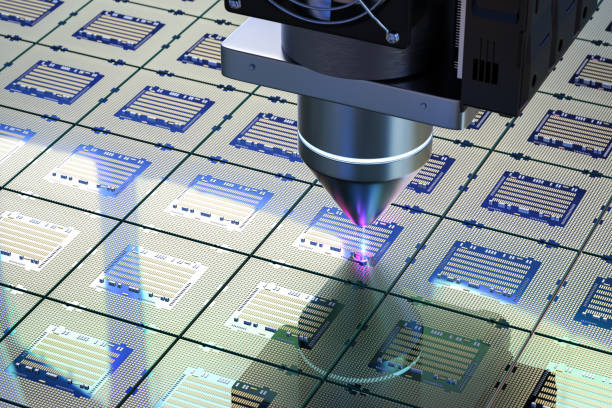Biofeedback-Enhanced Mindfulness: The Future of Stress Management
The intersection of ancient mindfulness practices and cutting-edge technology is revolutionizing stress management. How can we harness the power of our own physiological responses to achieve unprecedented levels of relaxation and mental clarity? Enter biofeedback-enhanced mindfulness, a groundbreaking approach that's reshaping our understanding of mind-body connections.

Understanding Biofeedback-Enhanced Mindfulness
This innovative approach combines traditional mindfulness techniques with real-time physiological monitoring. Practitioners use devices that measure vital signs and brain activity while engaging in mindfulness exercises. The immediate feedback enables users to observe how their thoughts and mental states directly affect their body, creating a powerful loop of awareness and control.
The Science Behind the Synergy
Research has shown that the combination of biofeedback and mindfulness can lead to more significant improvements in stress reduction than either practice alone. A study published in the Journal of Clinical Psychology found that participants who used biofeedback-enhanced mindfulness showed a 40% greater reduction in stress hormones compared to those practicing traditional mindfulness alone.
Applications Beyond Stress Management
While stress reduction is a primary benefit, biofeedback-enhanced mindfulness has shown promise in various other areas of health and wellness. Studies have indicated potential benefits for:
-
Pain management
-
Anxiety disorders
-
Attention deficit hyperactivity disorder (ADHD)
-
Sleep quality improvement
-
Cardiovascular health
The Role of Technology in Enhancing Mindfulness
Advancements in wearable technology have made biofeedback-enhanced mindfulness more accessible than ever. Smartwatches, headbands, and specialized sensors can now provide accurate, real-time data on various physiological markers. This democratization of technology allows individuals to practice this advanced form of mindfulness in the comfort of their own homes.
Challenges and Considerations
While promising, biofeedback-enhanced mindfulness is not without its challenges. The reliance on technology may initially feel counterintuitive to those seeking a more traditional mindfulness experience. Additionally, the cost of specialized equipment can be a barrier for some individuals. However, as technology continues to advance and become more affordable, these obstacles are likely to diminish.
The Future of Mind-Body Wellness
As we continue to uncover the intricate connections between mind and body, biofeedback-enhanced mindfulness stands at the forefront of holistic wellness approaches. This innovative practice not only offers a powerful tool for stress management but also opens up new avenues for personal growth and self-discovery.
Empowering Insights for Optimal Well-being
-
Practice progressive muscle relaxation while monitoring your heart rate to observe its direct impact on your cardiovascular system
-
Experiment with different breathing patterns and note their effects on your skin conductance, a measure of stress response
-
Use EEG feedback to identify which mindfulness techniques are most effective for you in achieving a meditative state
-
Incorporate biofeedback data into your daily mindfulness journal to track long-term progress and patterns
-
Try alternating between eyes-open and eyes-closed meditation while monitoring brain wave activity to find your optimal focus state
In conclusion, biofeedback-enhanced mindfulness represents a significant leap forward in our approach to mental and physical well-being. By bridging the gap between ancient wisdom and modern technology, this practice offers a unique and powerful tool for those seeking to master the art of stress management and achieve optimal health. As research continues and technology evolves, we can expect this innovative approach to play an increasingly important role in the future of personalized wellness strategies.






